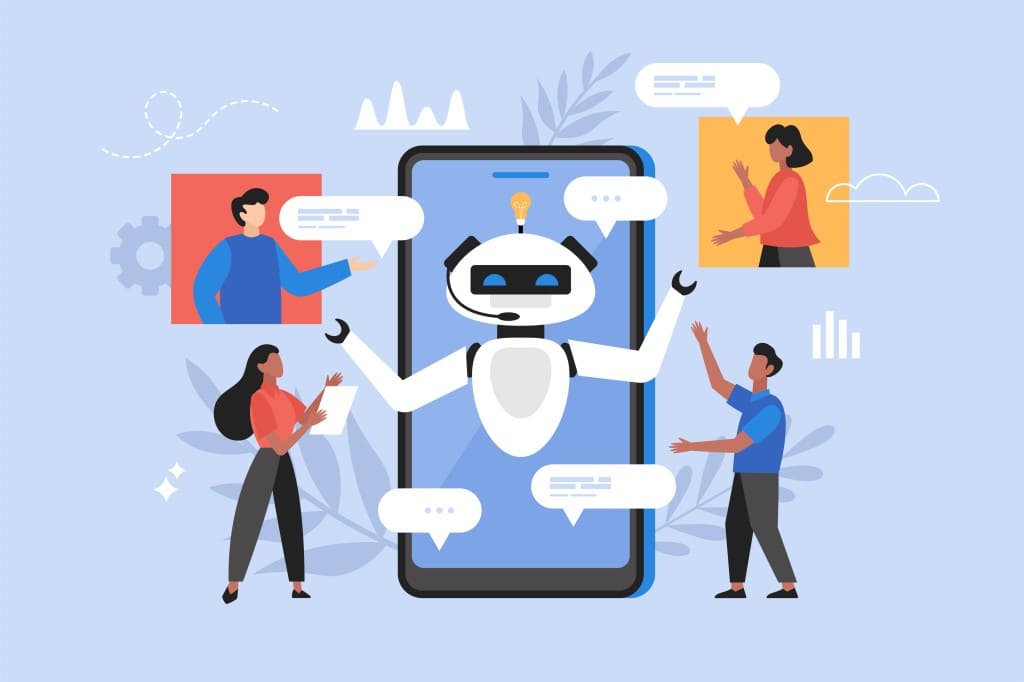Introduction
AI voice interviews are changing how companies evaluate talent—but they don’t change the fact that employers still want to hear authenticity, confidence, and strong communication. Even if no human is present in real time, your performance needs to feel like it was.
Why Human Delivery Still Matters
- Tone and cadence: AI systems score the energy, clarity, and modulation of your voice
- Storytelling over scripting: Monotone or memorized answers are often penalized by voice analysis tools
- Post-screen review: Many hiring managers still listen to top responses manually, so how you sound truly counts
Reclaiming the Candidate Experience
- Practice with feedback: Record your answers and ask a friend or mentor to critique them
- Imagine a listener: Visualize talking to someone you respect—it helps keep your tone natural
- Use pauses strategically: Pauses convey thoughtfulness and structure, not uncertainty
Bridging Automation with Authenticity
- Bring your personality: Your voice should reflect who you are, not just what you know
- Structure helps, not scripts: Use bullet points or frameworks (like STAR) instead of memorized lines
- Smile while speaking: Even in audio-only formats, a smile changes how you sound—warmer, more confident, more human
Conclusion
AI voice interviews may be powered by algorithms, but they still rely on the uniquely human qualities of expression and delivery. When you speak with clarity, warmth, and focus, you set yourself apart from candidates who treat the process like a machine.
Additional Resources
Common Speech Habits To Avoid In Job Interviews
Make sure to avoid these common speech habits during your next interview
Using Interview Body Language
How to improve your body language to project confidence in interviews
Common Interview Questions
Take a look at the most common job interview questions asked and how to answer them

